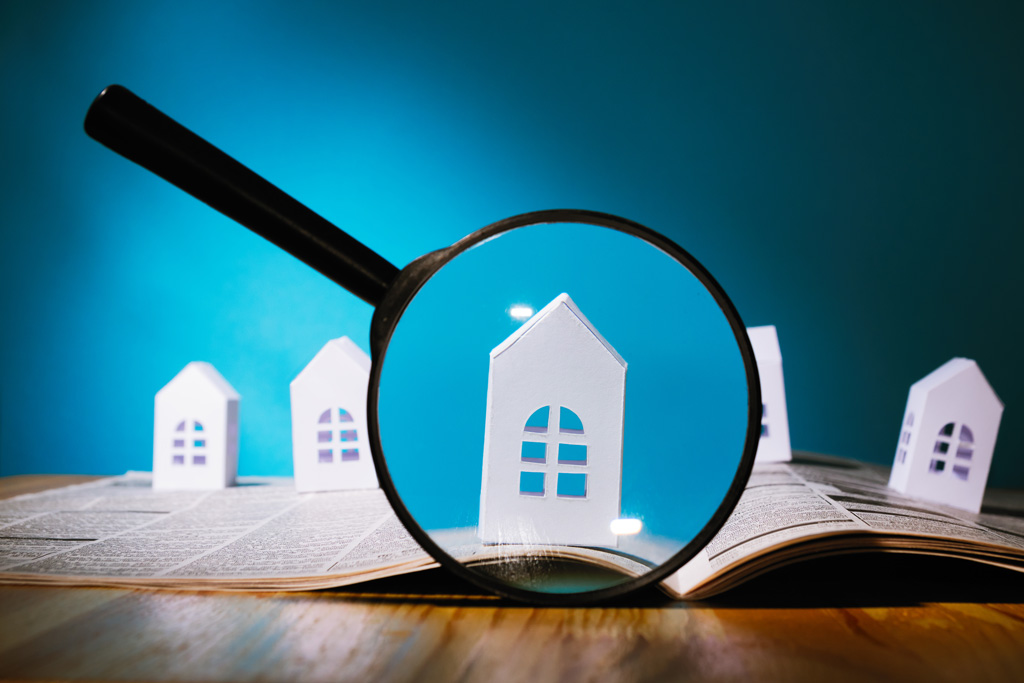-
Find your place in the sun
- Home
-
Property Search
- Property Search
-
Property in Spain
- Property in Spain
- Almeria
- Costa Blanca
- Costa del Sol
- Costa Brava
- Costa de la Luz
- Costa Tropical
- Murcia
- Valencia
- Inland Andalucia
-
Canary Islands
- Canary Islands
- Tenerife
- Fuerteventura
- Lanzarote
- Gran Canaria
- Balearic Islands
- All Areas
- Property in France
-
Property in Portugal
- Property in Portugal
- Algarve
- Albufeira
- Lagos
- Lisbon Coast
- Silver Coast
- All Areas
- Property in Italy
-
Property in Greece
- Property in Greece
- Aegean Islands
- Corfu
- Crete
- Halkidiki
- Ionian Islands
- All Areas
- Property in Florida
- Property in Cyprus
- Property in Turkey
- Search all countries
- New Developments
- Find an agent in...
- Hot Properties
-
-
Help & Guides
- Help & Guides
- How to Buy
- Area Guides
- Free Guide Download
- Professional Services
- Currency
- Mortgages
- Insurance
-
Relocation
- Relocation
-
Moving to Spain
- Moving to Spain
- Buying property in Spain
- Living in Spain
- Retiring to Spain
- How to move to Spain
-
Moving to France
- Moving to France
- Buying property in France
- Living in France
- Retiring to France
-
Moving to Portugal
- Moving to Portugal
- Buying property in Portugal
- Living in Portugal
- Retiring to Portugal
-
Moving to Italy
- Moving to Italy
- Buying property in Italy
- Living in Italy
- Retiring to Italy
-
Moving to Cyprus
- Moving to Cyprus
- Buying property in Cyprus
- Living in Cyprus
- Retiring to Cyprus
- Moving to Malta
- Find a Lawyer
- Viewing Trips Guide
- Articles
- Webinars
- New Developments
-
Live Events
- Live Events
- Upcoming Events
- Why visit?
-
Exhibit
- Exhibit
- Manchester
- London
- Birmingham
- Dublin
- Bristol
-
TV Show
- TV Show
- Episodes
- Presenters
- Apply
- Advertise with us
-
- Sign up / sign in
- Currency
- Find an agent
- Advertise with us
Property purchase process in Portugal
 Now that you've decided to buy your dream property in Portugal, what next?
Now that you've decided to buy your dream property in Portugal, what next?
Take a look at the steps you need to take to make your dream a reality!
Before the contract
- Find an estate agent - First up, in Portugal it is important that you check you are dealing with an estate agent who is registered and possesses an AMI number (find out more about choosing an estate agent here).
- Find a lawyer - Once you have decided to buy in Portugal you should also find a lawyer (advogado) or solicitor (solicitador) to look after your interests in the purchase process. In Portugal there are many that speak English. You can also give them Power of Attorney if you cannot be present yourself to sign documents.
- Obtain an NIF number (numero de indentificacao fiscal) which is available from the local tax office (financas), and necessary to open a bank account in Portugal. Do this before starting on the contract.
Stages of the purchase process
There are two stages to the buying process. The first is the Promissory Contract (contrato de promessa de compra e venda or CPCV) between buyer and seller, on the condition of the property.
This is a legally binding contract, prepared by a lawyer, and needs to be signed on licensed premises or in front of a notary (notario). Upon request the contracts can be produced in English and Portuguese.
It should include the identity of both parties, the property, confirmation of clear title, price agreed, deposit amount, date of deadline for signing the final deed (Escitura) and the use of the property in the interim period, if required.
The deposit is usually 10-25% per cent of the purchase price. A clause can be added (if applicable) stating that it is conditional on any mortgage offer being accepted. Once the Promissory Contract has been signed and deposit paid, should the seller default he/she is required by law to repay twice the deposit amount to the buyer. If the buyer defaults they would also lose their deposit.
Following this, the lawyer does searches and checks for encumbrances or mortgages on the property. These checks should include any planning restrictions, outstanding debts, charges or utility bills on the property, that any alterations comply with the habitation license (Licença de Habitaçao) and that the vendor is the registered owner of the property. Also verified will be the property’s boundaries, rights of way, restrictions on use, any survey and whether fixture and fittings are included.
The second part of the transaction is the Escritura (escritura de compra e venda, or final deed) and this is the point at which the property ownership is transferred to the buyer. As with the promissory contract, it is signed in front of the notary. The final contract is then sent to the Land Registry but the notary will issue you with a stamped copy of the Escitura (it is advisable to get more than one copy). There is a fee for the Land Registry. You will also need to register with the tax office (Autoridade Tributária) and all the utilities companies.
